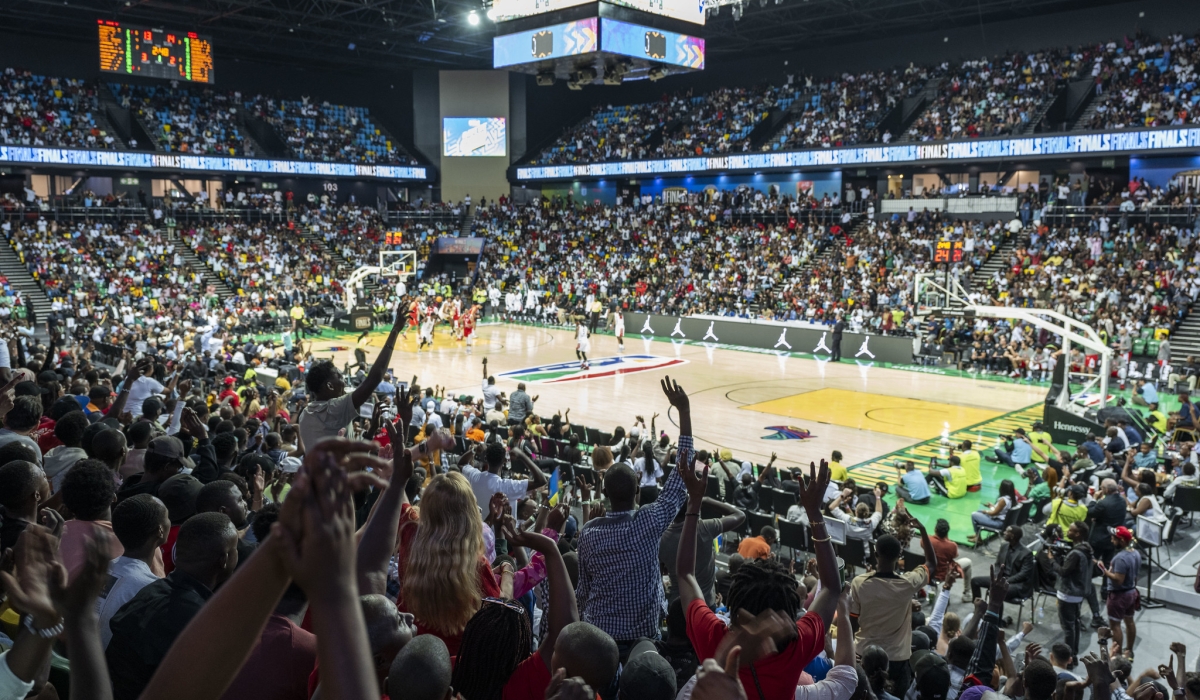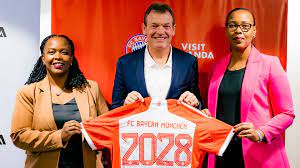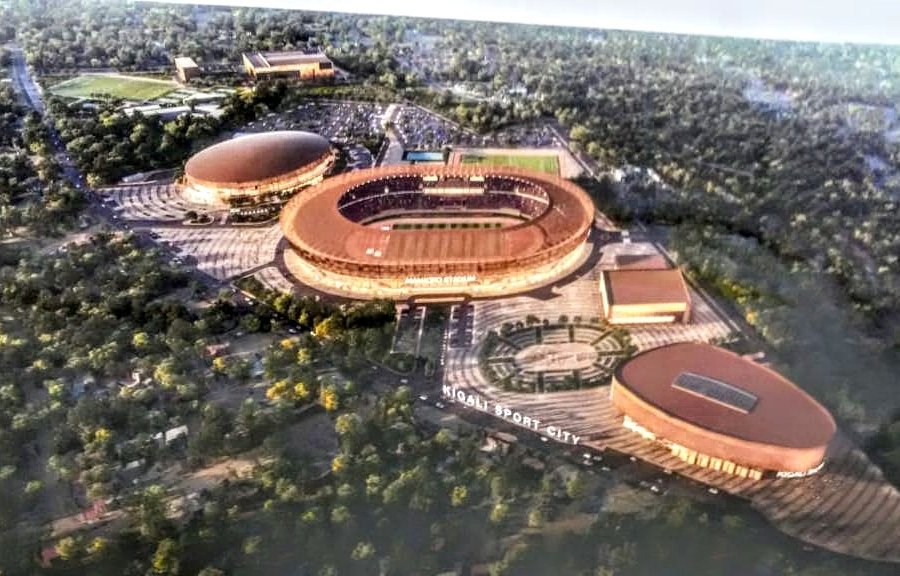Regional
To Rwandans, it is building a sports legacy, not sportswashing

Basketball fans at BAL 2023 edition at BK Arena, in Kigali.
One of
the leading sports media outlets, ESPN, recently published a story that
deliberately undermined Rwanda's partnership with the NBA.
It was
clear that ESPN’s article targeted President Paul Kagame with the intention to
frustrate sports investors from entering any new arrangement with the Rwandan
government.
However,
this tactic underestimates the resilience of Rwandans who view criticism as an
opportunity rather than a threat.
Like
former Prime Minister of the United Kingdom, Winston Churchill once said; “You
have enemies, good. That means you have stood up for something, sometime in
your life.”
His
wisdom rhymes well with Rwanda when it comes to such criticism, which is a sign
that the country’s leadership has achieved something noteworthy.
As
Rwanda becomes more successful, its leaders inevitably attract more criticism.
The only way to avoid critics is to do nothing, a far worse fate than facing
criticism. Aristotle famously said, “To avoid criticism say nothing, do
nothing, be nothing.”
The
fact that the sports industry is worth half a trillion dollars is why Rwanda is
maximizing its efforts in sports to play a positive role in the country’s
development agenda.
Rwandans
are not just consumers of sports. They are actively engaging in the business of
sports through the 'Visit Rwanda' brand. From tour companies, guides,
restaurants, waiters to the transport sector all are benefiting from Rwanda’s
sports growth.
Rwanda’s partnership with NBA Africa that ESPN attempted to question brought the first edition of the Basketball Africa League to Rwanda. Rwandans booked tickets months before the games to ensure they enjoy the vigor that comes with basketball as well as the games.
Partnerships
with Arsenal FC, Paris Saint-Germain, and Bayern Munich, allow Rwanda to
promote its tourism industry to billions of fans across the world.
The
impact of these collaborations is already evident, as Rwanda evolves into a
destination for global competitions, including the upcoming 2025 UCI Road World
Championships—the first UCI event to be held in Africa.
While
Rwanda has benefited from its involvement in global sports, it has also faced
criticism from pundits who know little about the country and rely on outdated
stereotypes about Africa.
Rwanda’s
investments and partnerships in sports are very well calculated policies with a
ripple effect. The World Bank's CPIA Africa (Country Policy and Institutional
Assessment) report ranked Rwanda first among countries that continue to
implement strategies and policies that accelerate the development of the
African continent.
Campaigns
to undermine investments and policies in a developing country’s economy are counterproductive
and cynical. African countries face this kind of bias daily, but Rwanda is
determined to defy those who dictate how it should improve its citizens' lives.
Rwanda
has an ambitious vision of development through sport, aspiring to achieve socio-economic
objectives and wield soft power. The country is often cited as a development
model in Africa. Rwanda's sports policy contributes to national development and
fosters a winning culture and united Rwandan identity.
As a
result, Rwanda has recorded an impressive trajectory to build its image as a
serious sporting nation. There is a deliberate effort by the leadership to
boost participation in sports at all levels, from school children and
communities to public and private servants.
In
Rwanda, sports are uniquely understood as vehicles for uniting the country and
promoting development.
This
vision, translated into grassroots actions, has produced evident success on
Rwanda's courts, tracks, and pitches. In a short time, Rwanda achieved
impressive titles in football, basketball, cycling, and volleyball on the
continent.
The
country is also committed to providing equitable access to sports for all,
contributing to public health, national identity, and social harmony.
Rwandans'
support for sports as a vehicle for social change is evident. In 2009, the
Rwandan diaspora, along with Rwandans in the country, invited Africa's top
footballers to the country for a fundraising match to support youth orphaned by
the 1994 Genocide against the Tutsi.
The
event was a success, with nine international players showcasing their skills
before a full stadium and raising over Rwf 71million for youth without homes
during holidays.
In
2010, the Umurenge Kagame Cup tournament was initiated to promote unity and
reconciliation among Rwandans. The tournament involves 416 football teams from
every sector in 30 districts, competing for the final that takes place at
Amahoro Stadium in Kigali.
Between 2003 and 2010, overall participation in all sports increased significantly. Football participation doubled, volleyball participation grew from 237 to 1,916, and cycling participation rose from 128 to 3,279.
Hosting
international and continental sports tournaments in Rwanda has also upgraded
sporting infrastructure, promoting social welfare and showcasing the country as
a viable sporting nation.
In addition to boosting the country's image abroad, Rwandan athletes have improved their standards of living and set an example for the nation's youth.
Kigali
is banking on global visibility through sports, signing several partnerships
with a sole mission – benefit Rwandans.


.jpeg-20221214055432000000.jpeg)

.jpeg-20230315032921000000.jpeg)
